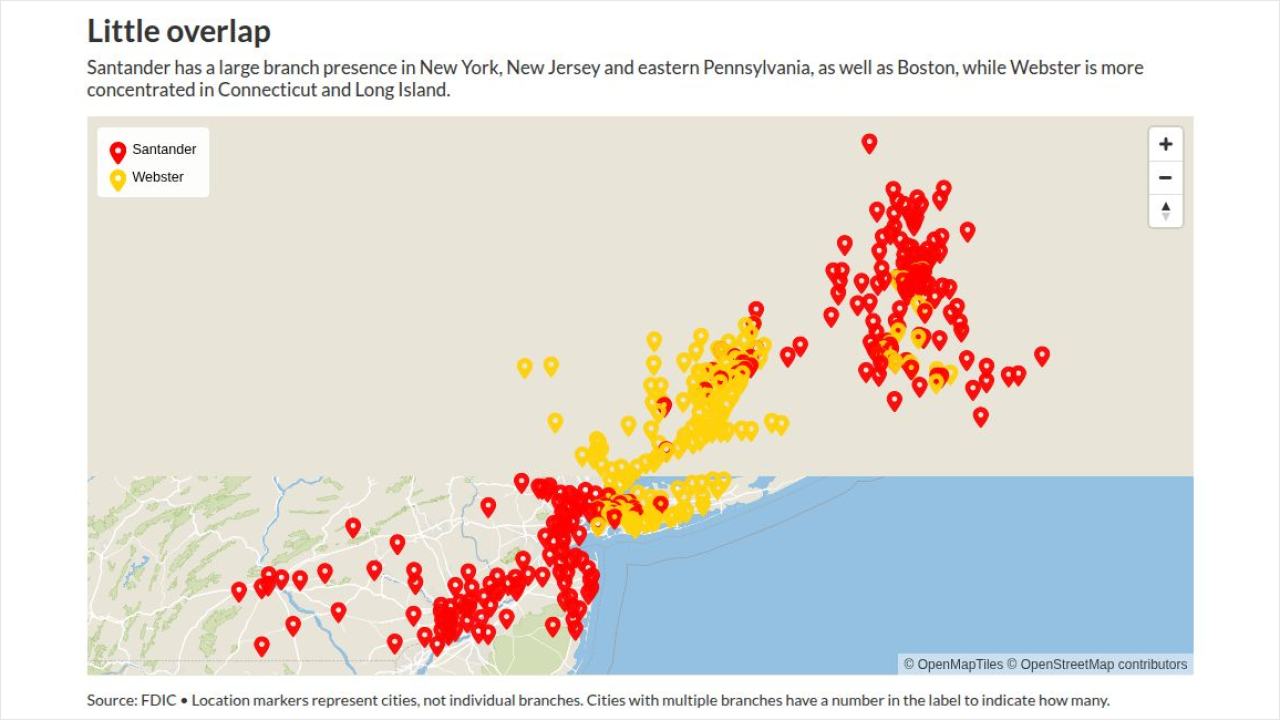A proposed set of
The new rules not only increase portfolio lending expenditures for low down payment loans, but aspects like a
The rights and associated work of handling loan payments are a key cost for the mortgage industry at large and if depositories further withdraw from investments in them, costs for nonbank lenders already struggling to profit due to higher rates could rise, he said.
"The mortgage servicing value is an integral part of how every mortgage is priced, not just mortgages made by these banks," Broeksmit said at a House Financial Services subcommittee hearing. The subcommittee involved is focused on financial institutions and monetary policy.
Mortgage servicing rights already have a relatively high risk weighting under current bank capital rules that discourage holding them in amounts above 25% of Tier One common equity. The proposal would lower the cap to 10% of common stock or other assets in that category.
Broeksmit also reiterated his past criticisms of moving from a risk-weighting of 50% for most home mortgages outside the income-producing sector, to a proposed step-up of percentages in that category by loan-to-value ratio that's in excess of global Basel III rules.
"If these increased capital requirements go into effect, banks will make fewer mortgage loans or they will raise the price," said Broeksmit.
He also doubled-down on his previously stated concerns about the fact that the new requirements don't account for the additional protection private mortgage insurance can provide to loans with lower down payments.
Others testifying said the capital rules could put a strain on mortgages that have balloon payments due in a higher rate market.
"In a time of historic inflation, the fastest increase in interest rates in modern history, and a growing likelihood of the credit crunch, now is not the time to raise capital levels," said Committee Chair Rep. Andy Barr, R.-Ky. "Such action threatens to further constrain credit availability and put already-sensitive sectors such as commercial real estate in further peril."
The new capital rules also could be a constraint on lines of credit used both by businesses and consumers, Broeksmit said.
"If I understand this voluminous proposal correctly, banks would be required to hold capital on the maximum amount that could be drawn rather than the amount that is outstanding. That could have a really chilling effect on … small business credit and also home equity lines of credit where consumers take that out and use it as they need it," he said.
Other speakers and some Democratic members of Congress debated the assertion that the rule would hurt access to financing.
"We strongly disagree that new capital requirements will undermine credit availability," said Alexa Philo, senior policy analyst, Americans for Financial Reform, after Rep. Ayanna Pressley, D.-Mass, asked whether the new rules could protect the availability of lending in a downturn.
There's a significant body of research that has found that domestic financial institutions with higher reserves provided more financing than those with lower capital levels, Philo said.
"Well capitalized, large U.S. banks had higher loan originations and liquidity," she said.





